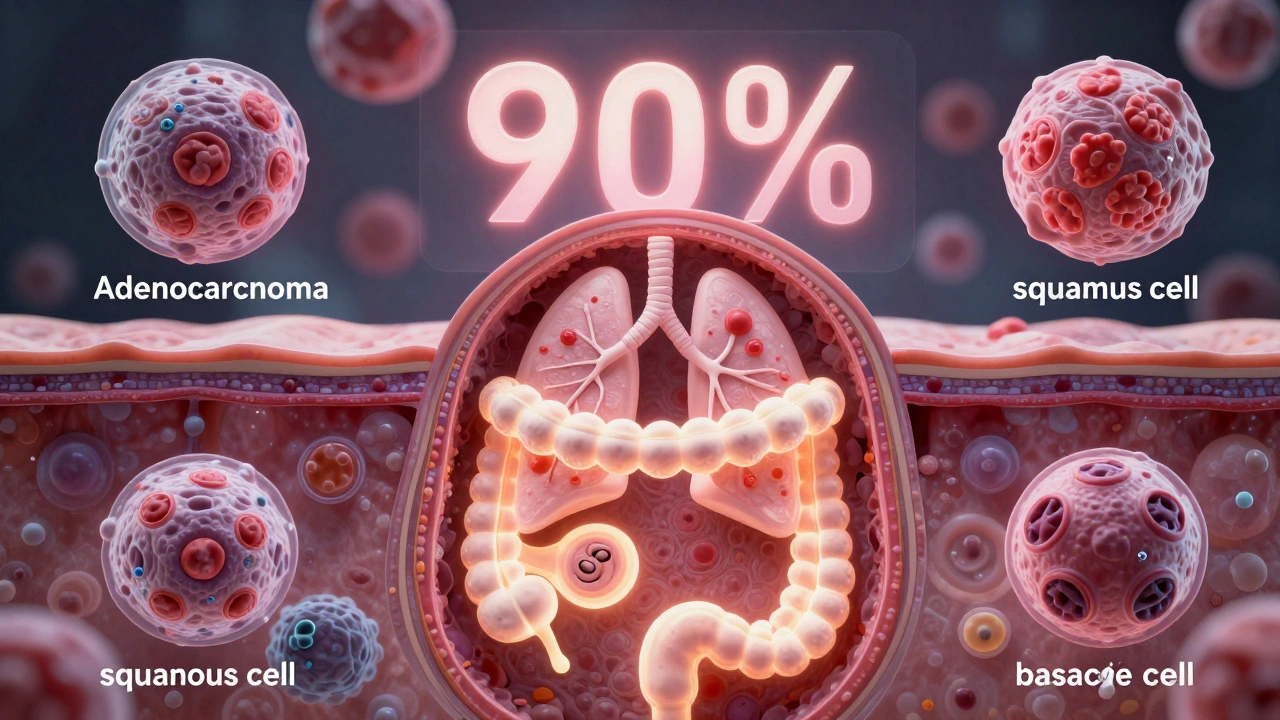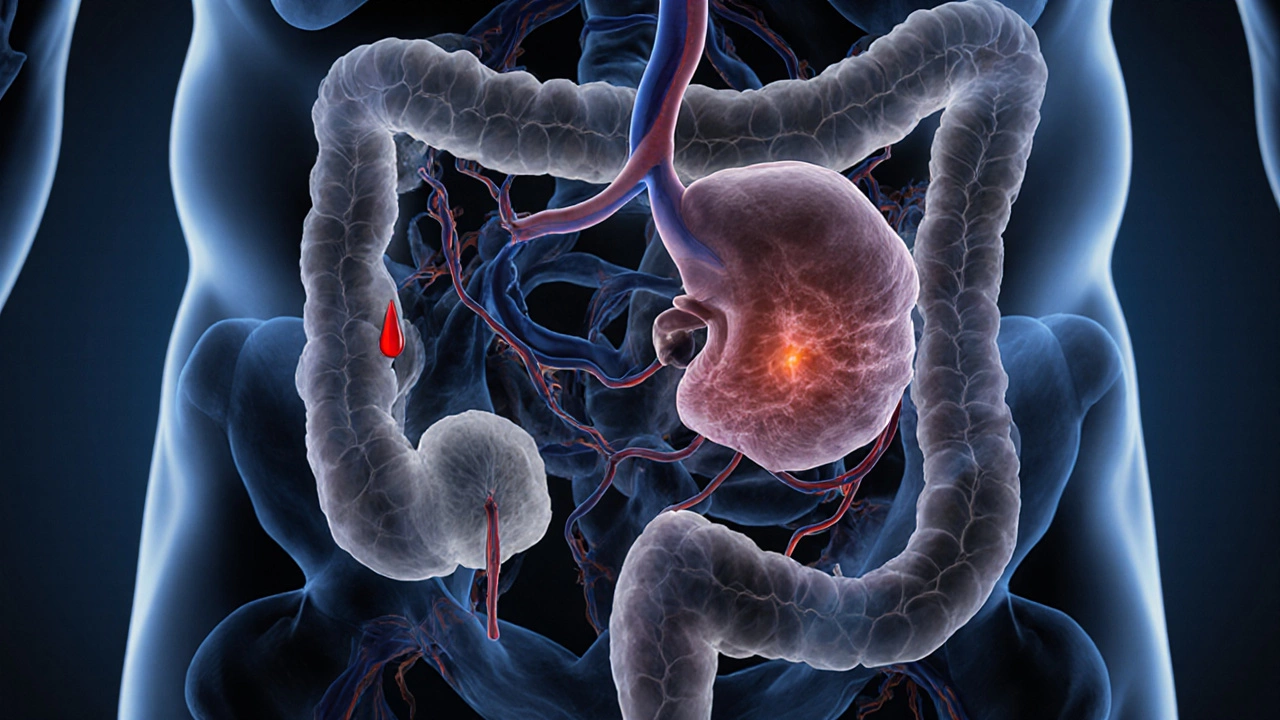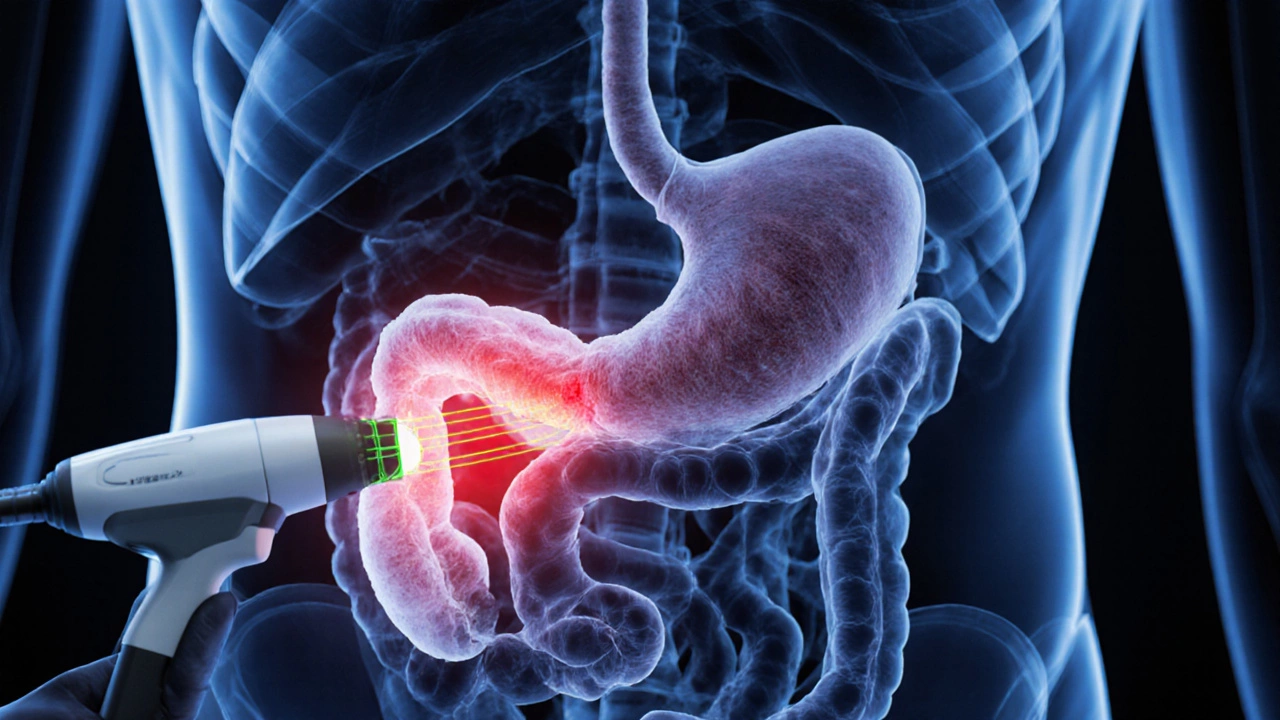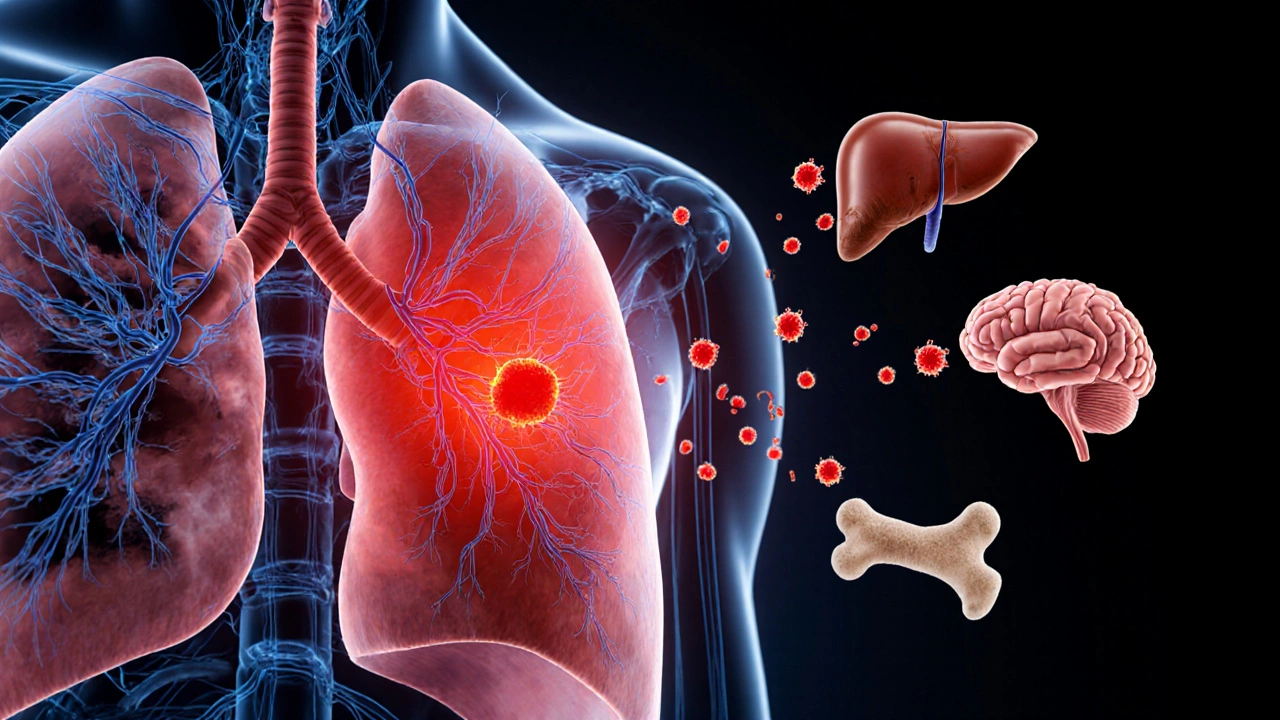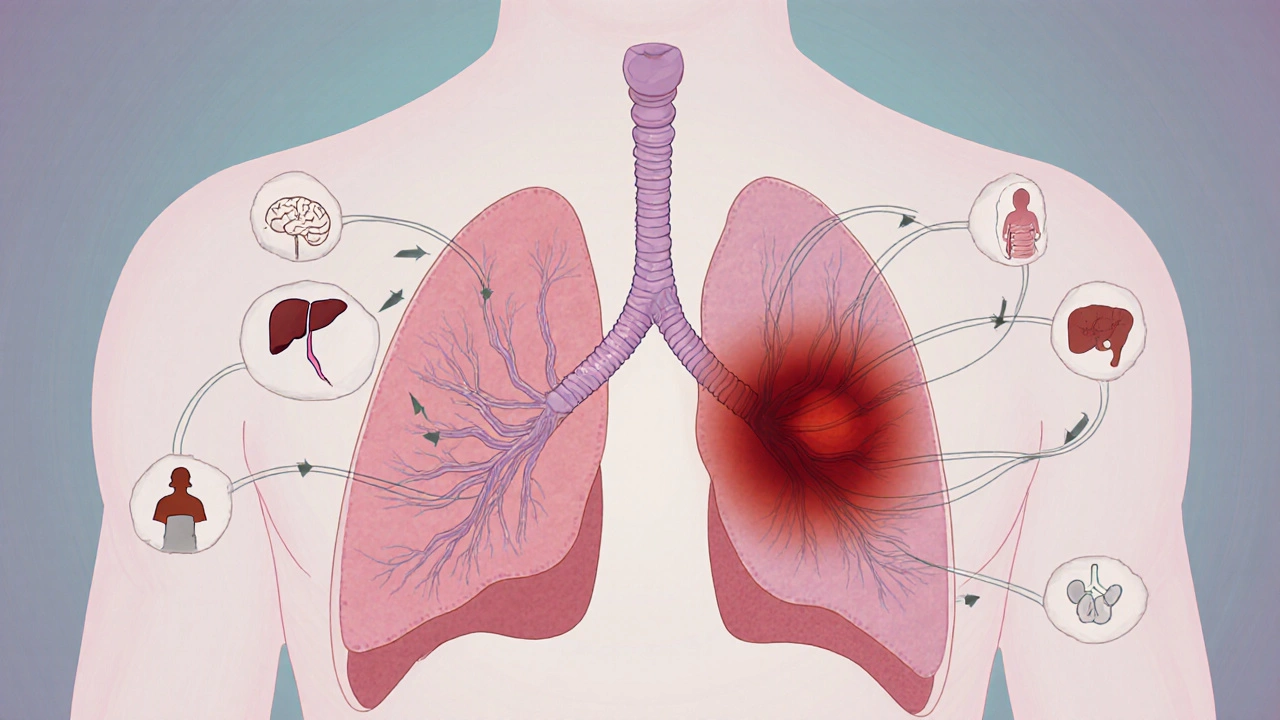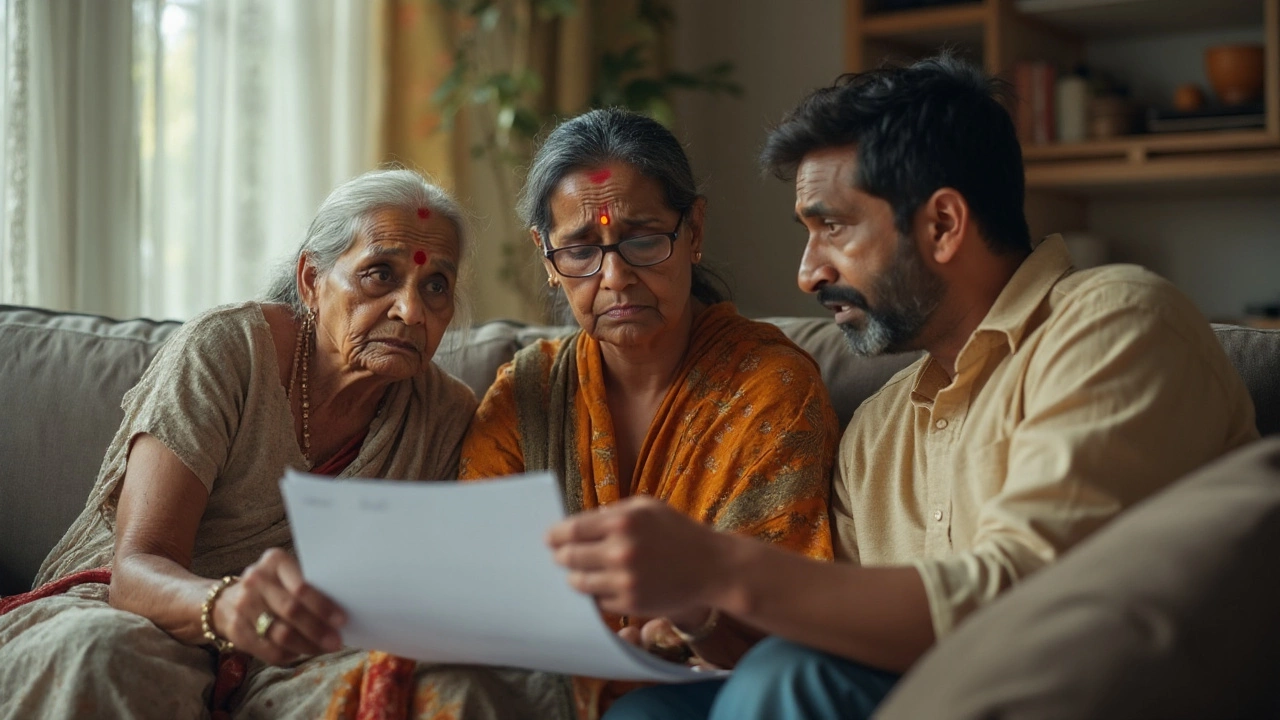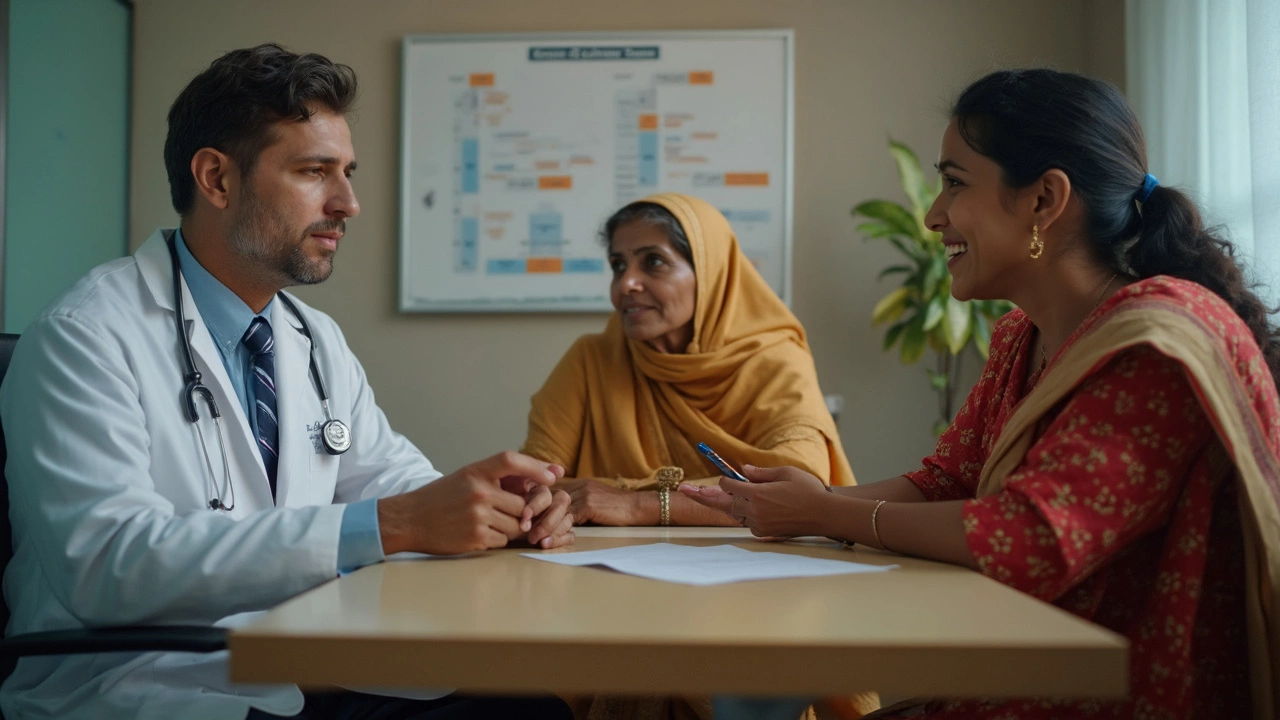Cancer – Facts, Risks, Stages and What You Can Do
Whether you’re reading out of curiosity or personal need, understanding cancer doesn’t have to feel like a science lecture. This page gives you straight‑forward answers about the most common worries – from which cancers kill the most people, to what ‘stage 4’ really means, and how everyday choices can tip the odds in your favor.
Top Cancer Concerns in 2025
Three cancers dominate the death toll worldwide: lung, colorectal and pancreatic. They’re deadly because they often hide until they’re advanced. Knowing the red‑flag signs – persistent cough, blood in stool, unexplained weight loss – can prompt an early doctor visit and dramatically improve outcomes.
Some cancers still have no cure, like certain brain tumors and advanced pancreatic cancer. Researchers are racing to crack the code, but the reality today is that treatment focuses on slowing growth and maintaining quality of life. If you or a loved one faces an incurable type, ask the doctor about clinical trials, palliative care options, and support groups that keep hope alive.
How to Face Different Stages
Stage 3 and stage 4 are often confused. Stage 3 means the tumor has spread to nearby nodes but may still be removable with surgery and chemo. Stage 4 indicates distant spread, which doesn’t automatically mean a death sentence. Modern therapies, including immunotherapy and targeted drugs, can shrink tumors and extend survival even at stage 4.
When you hear ‘stage 4’, ask the oncologist about specific treatment goals: are they aiming for remission, control, or symptom relief? Knowing the plan helps you weigh options, arrange finances, and set realistic expectations for yourself or your family.
Some cancers, like certain skin or thyroid types, are among the easiest to treat because they’re caught early and respond well to standard surgery or hormone therapy. Early detection tools – regular screenings, self‑exams, and awareness of family history – are the most powerful weapons you have.
Practical steps you can start today: quit smoking, stay active, eat a varied diet rich in fruits and vegetables, and keep up with recommended screenings (mammograms, colonoscopies, pap smears). Even small changes lower risk and improve the body’s ability to fight abnormal cells.
If you’re navigating a cancer diagnosis, remember you’re not alone. Stories of people beating stage 4 disease show that determination, cutting‑edge treatment, and solid support can change the narrative. Reach out to local cancer resource centers, join online forums, and talk openly with your doctor about any new trial or therapy that fits your case.
In short, knowledge plus action equals power. Use the articles below to dig deeper into specific topics – from the deadliest cancers in 2025 to the science behind stopping cancer cells from growing. Stay informed, stay proactive, and keep hope in the driver’s seat.

